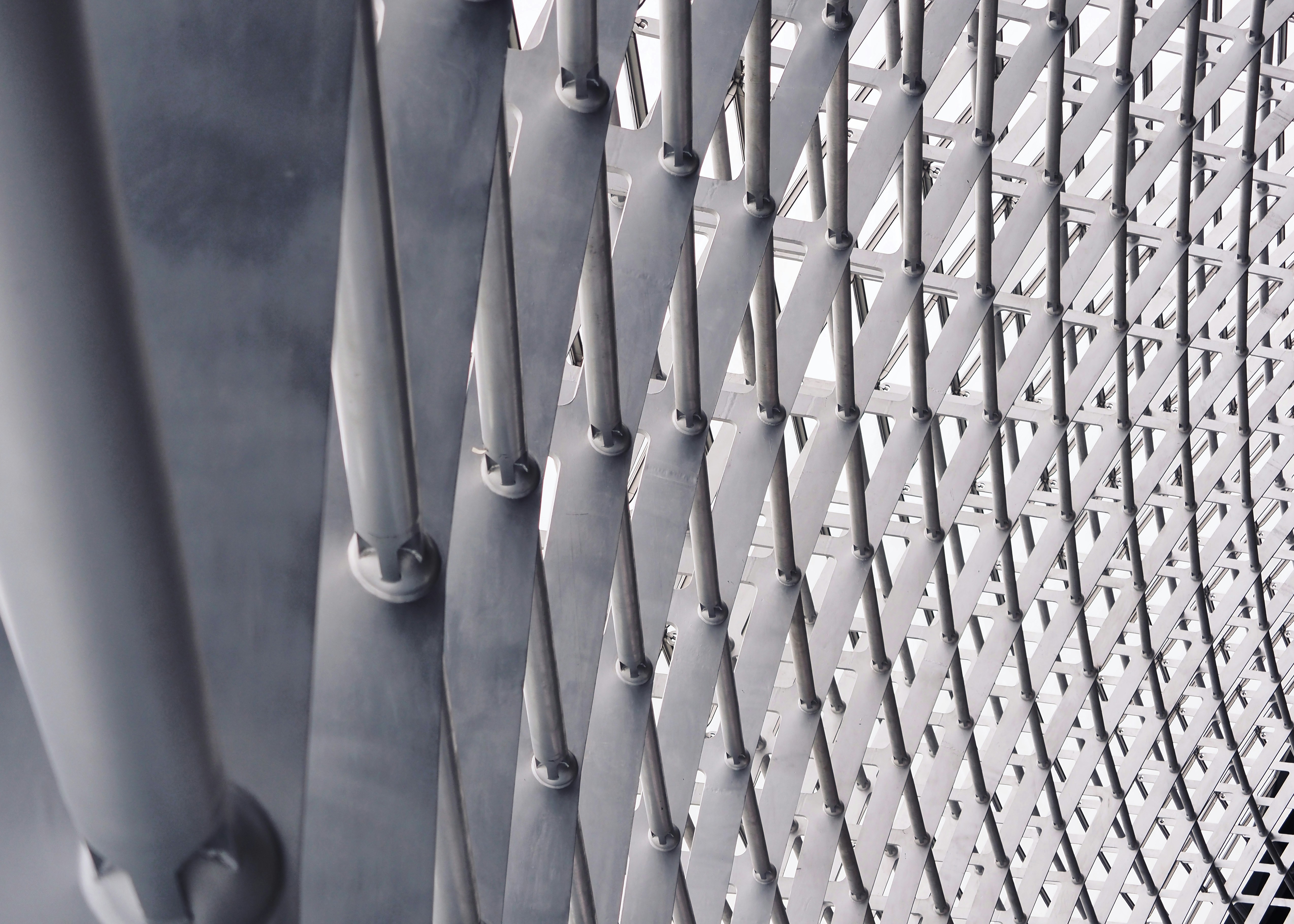Related Jobs
View all jobsElectronics Design Engineer
Electronics Design Engineer
Mechanical Design Engineer
Senior Electronics Engineer
Design Engineer

Subscribe to Future Tech Insights for the latest jobs & insights, direct to your inbox.
Industry Insights
Discover insightful articles, industry insights, expert tips, and curated resources.

Materials Science Jobs UK 2025: 50 Companies Hiring Now
Bookmark this guide – refreshed every quarter – so you always know who’s really expanding their materials‑science teams. The UK’s advanced‑manufacturing strategy, record cleantech investment & a new wave of fusion & battery‑gigafactory projects mean demand for materials scientists, process engineers, corrosion specialists & characterisation experts is soaring in 2025. Below are 50 organisations that have advertised UK‑based materials‑science vacancies or announced head‑count growth during the past eight weeks. They’re grouped into five quick‑scan categories. For every employer you’ll find: Main UK hub Example live or recent vacancy Why it’s worth a look – tech stack, mission, culture Search any company on MaterialsScienceJobs.co.uk to see real‑time adverts, or set a free alert so fresh openings land straight in your inbox.

Return-to-Work Pathways: Relaunch Your Materials Science Career with Returnships, Flexible & Hybrid Roles
Re-entering the workforce after a career break can feel daunting—especially in a specialised field like materials science. Whether you paused for parenting, caring responsibilities or another life chapter, the UK’s materials science sector now offers a range of return-to-work pathways. From structured returnships to flexible and hybrid roles, these programmes recognise the transferable skills and resilience you’ve gained, pairing you with mentorship, targeted upskilling and supportive networks to ease your transition back. In this guide, you’ll discover how to: Understand the current demand for materials science talent in the UK Leverage your organisational, communication and problem-solving skills in materials contexts Overcome common re-entry challenges with practical solutions Refresh technical knowledge through targeted learning Access returnship and re-entry programmes tailored to materials science Find roles that accommodate family commitments—whether flexible, hybrid or full-time Balance your career relaunch with caring responsibilities Master applications, interviews and networking specific to materials science Learn from inspiring returner success stories Get answers to common questions in our FAQ section Whether you aim to return as a research scientist, process engineer, quality specialist or R&D manager, this article will map out the steps and resources you need to reignite your materials science career.

LinkedIn Profile Checklist for Materials Science Jobs: 10 Tweaks to Elevate Recruiter Engagement
Materials science is at the forefront of innovation—from advanced alloys and polymers to nanomaterials and biomaterials. Recruiters seek candidates proficient in materials characterisation, process development, failure analysis and simulation. With an increasing number of qualified professionals, your LinkedIn profile must be optimised for search relevance and showcase tangible impact in labs and industry. This step-by-step LinkedIn for materials science jobs checklist presents ten practical tweaks to elevate recruiter engagement. Whether you’re a recent graduate specialising in composite materials or a principal scientist leading R&D projects, these targeted optimisations will spotlight your expertise and draw recruiters to your profile.